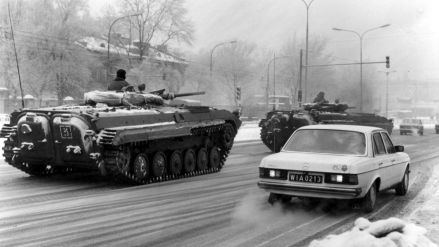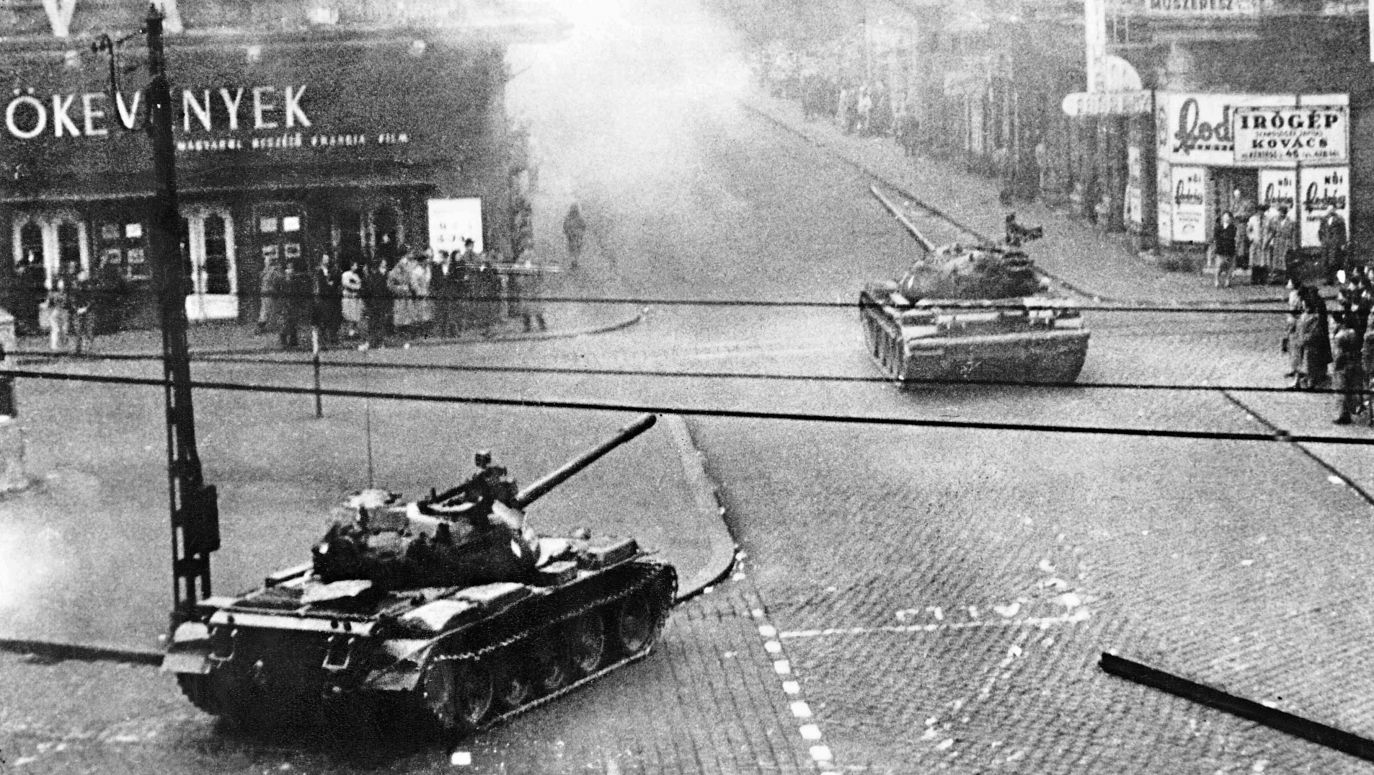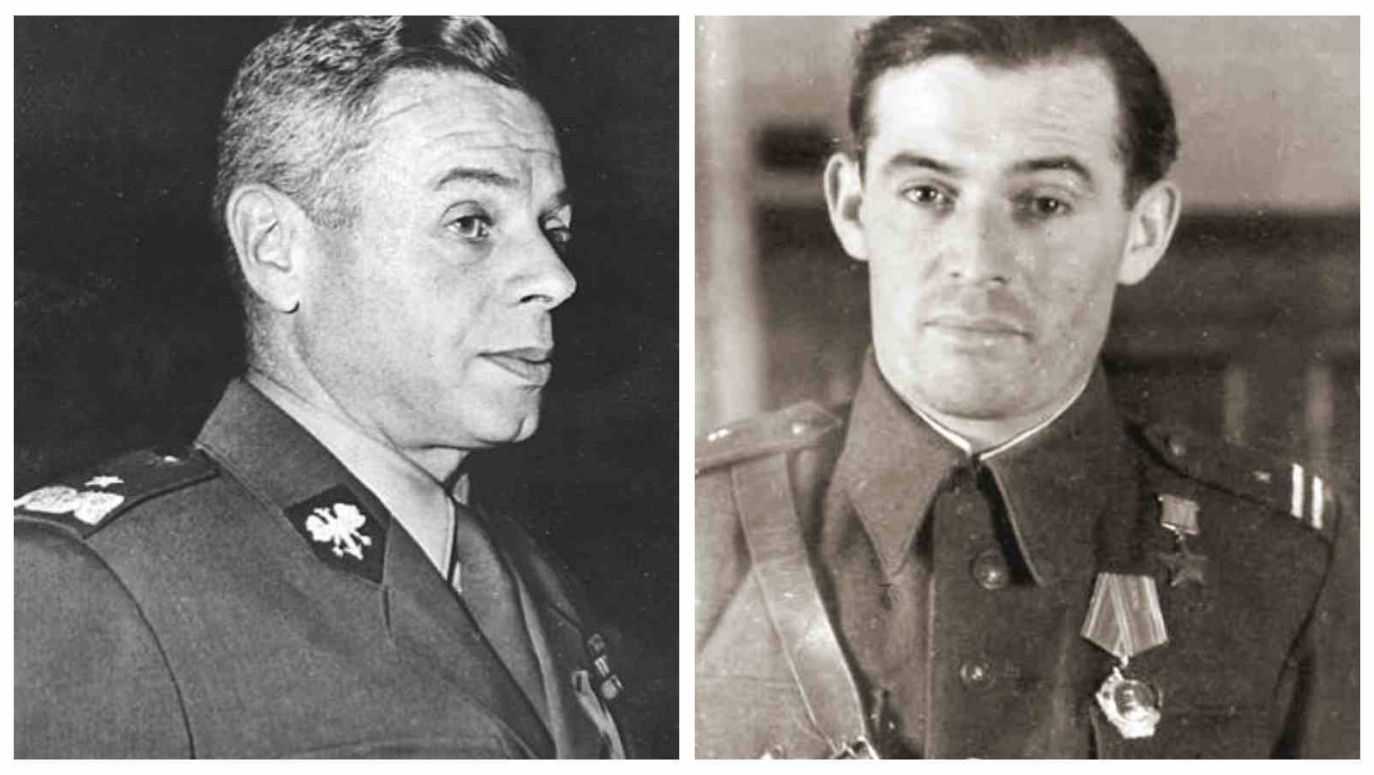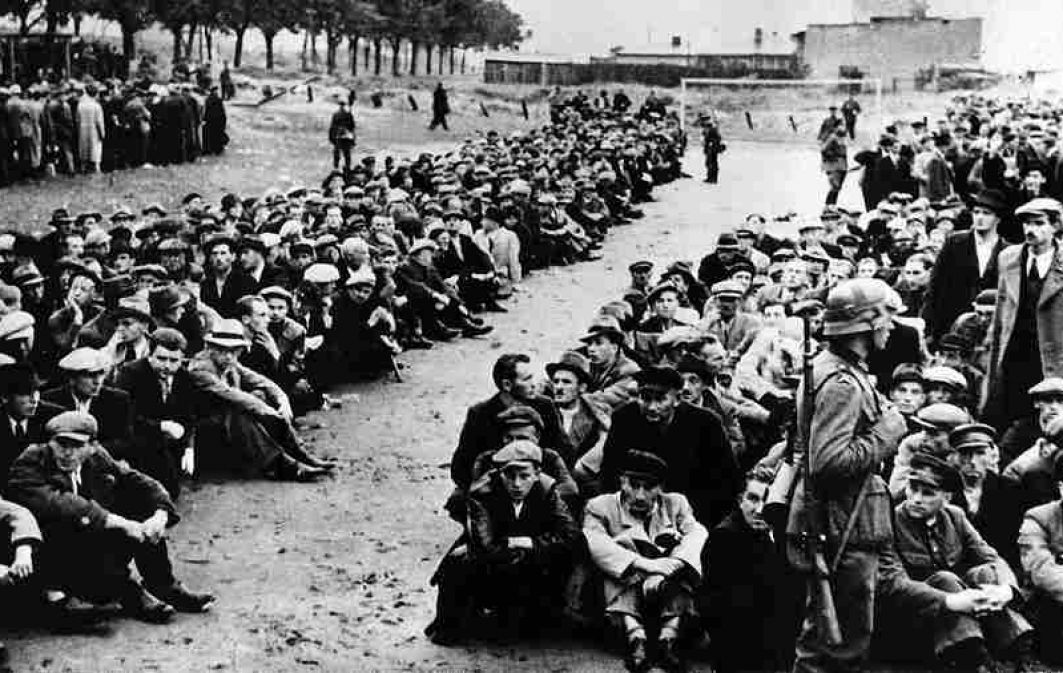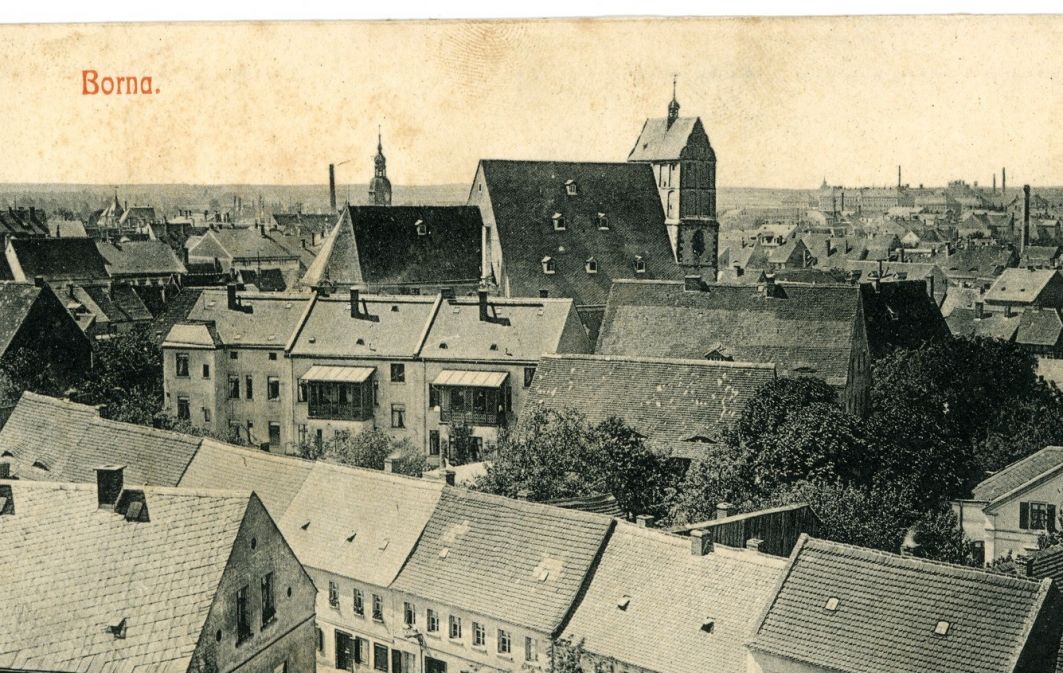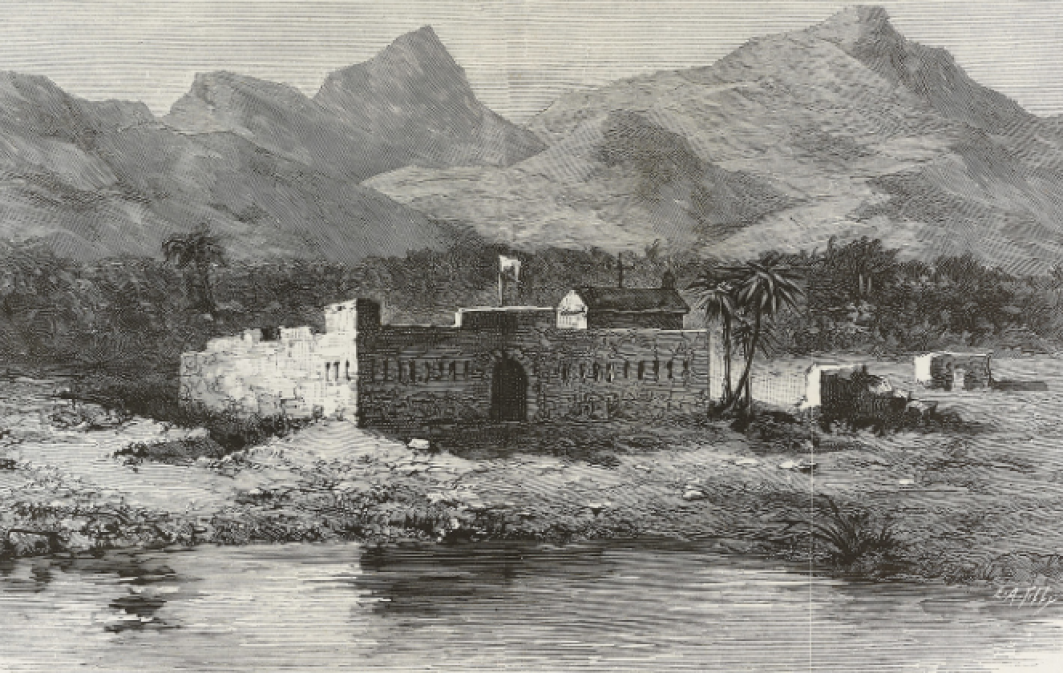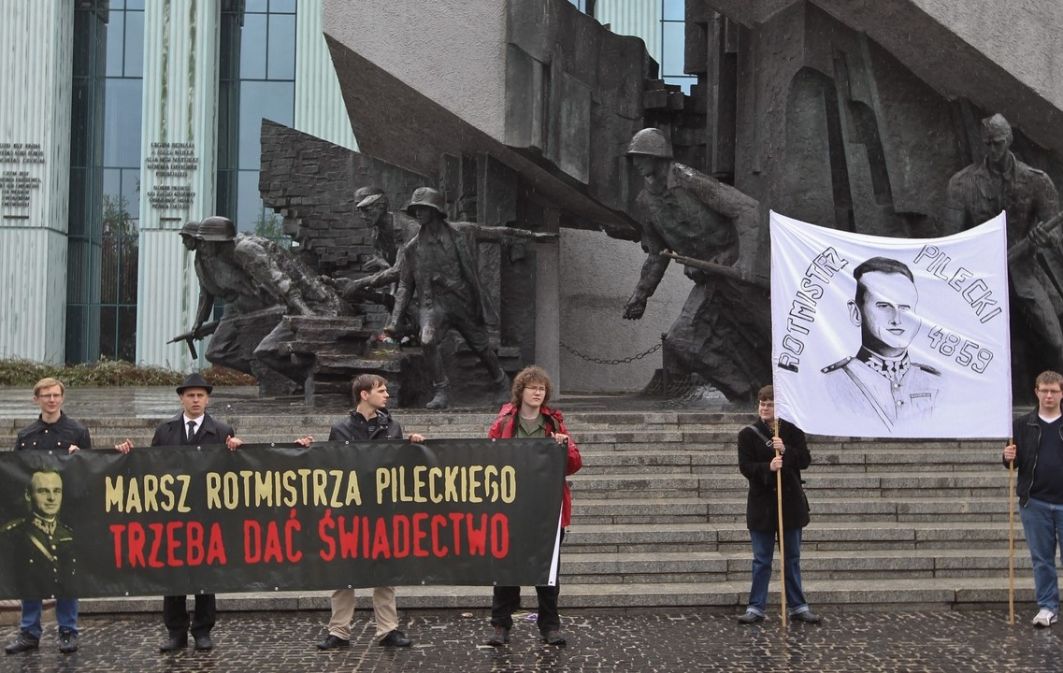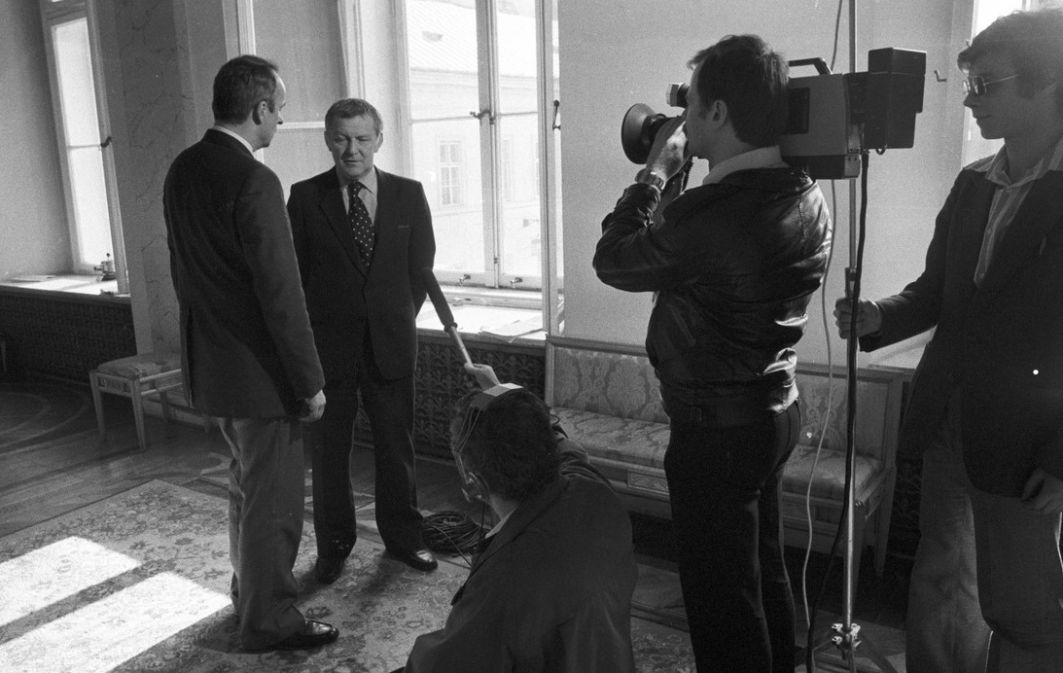On the night of 18-19 October 1956, two columns, one armoured and one motorised infantry, set off from bases in Pomerania and Lower Silesia towards Warsaw. There would be nothing to write about if it were not for the fact that these were units of the Northern Group of the Soviet Army stationed in the People's Republic of Poland as part of the Warsaw Pact. Soviet troops in the GDR near the Polish border were also put on alert.
Before noon on 19 October, units of the Soviet Army stopped less than a hundred kilometres from the capital. Closer to Warsaw, just in the suburbs, were the units of the People's Polish Army coming out of Legionowo and Modlin on the orders of Polish Marshal Konstanty Rokossowski, Minister of National Defence. The "Polish" units, commanded by Soviet officers, stopped and waited for the arrival of Soviet troops.
The army's movements were prompted by the announcement that the Eighth Plenum of the Central Committee of the Polish United Workers' Party (PZPR, Polish Comunist party) was to convene on 19 October, during which new party authorities - which in those days meant the authorities of the country - were to be elected without consulting Moscow.
Unrest in Warsaw
Although Stalin had already been dead for three years, Stalinism in the USSR was doing quite well and the Soviet comrades had to treat such self-will as counter-revolution, and this required intervention. So a Soviet delegation with Nikita Khrushchev (first secretary of the Central Committee of the Communist Party of the Soviet Union), Vyacheslav Molotov, Lazar Kaganovich, Anastas Mikoyan and Marshal Ivan Konev, commander of the Warsaw Pact troops, landed at the Boernerowo military airfield on the same morning. They came without invitation.
The First Secretary of the Central Committee of the PZPR, Edward Ochab, had been notified of the delegation's arrival the day before, along with a proposal to postpone the plenum until after talks with Khrushchev. Ochab did not postpone the plenum, so the situation was tense.
 SIGN UP TO OUR PAGE
SIGN UP TO OUR PAGE

Already at the airport, Khrushchev greeted first the Soviet generals and also the Soviet marshal in Polish uniform, Konstanty Rokossovsky: - 'These are the people on whom I rely,' Khrushchev was to say, while threatening the Polish authorities with his fist: "The treacherous role of Comrade Ochab has been revealed" and "This trick will not go through you". - Polish officials reportedly heard.
Khrushchev, after greeting the leadership of the PZPR, pointed to Wladyslaw Gomulka and asked: "Who is he?". He knew perfectly well who Gomulka was; after all, it was because of him that he had come here, although formally Comrade 'Wieslaw' was almost a nobody, having only been co-opted to the Central Committee on 12 October. He was not yet in the Politburo or the Secretariat of the Central Committee, and in the system of power in the People's Republic that was all that really mattered.
In order to stop Khrushchev's rhetorical fervour, Edward Ochab explained to the unexpected guest that he was inviting him to the Belvedere, a more suitable venue for the talks - the Polish dignitaries were accompanied by security guards, drivers and others. A scandal was brewing.
At the Belvedere, according to Ochab's memoirs, things started sharply. Khrushchev resented the convening of a plenum at which new party authorities were to be appointed. Comrades enjoying the confidence of the Soviet Union were to leave the Politburo and be replaced by others with Wladyslaw Gomulka typified as First Secretary. This was a counter-revolution, a weakening of the unity of the socialist camp and other terms from the dictionary of communist doctrine were uttered. What was a deviation from the canon was always decided in Moscow.
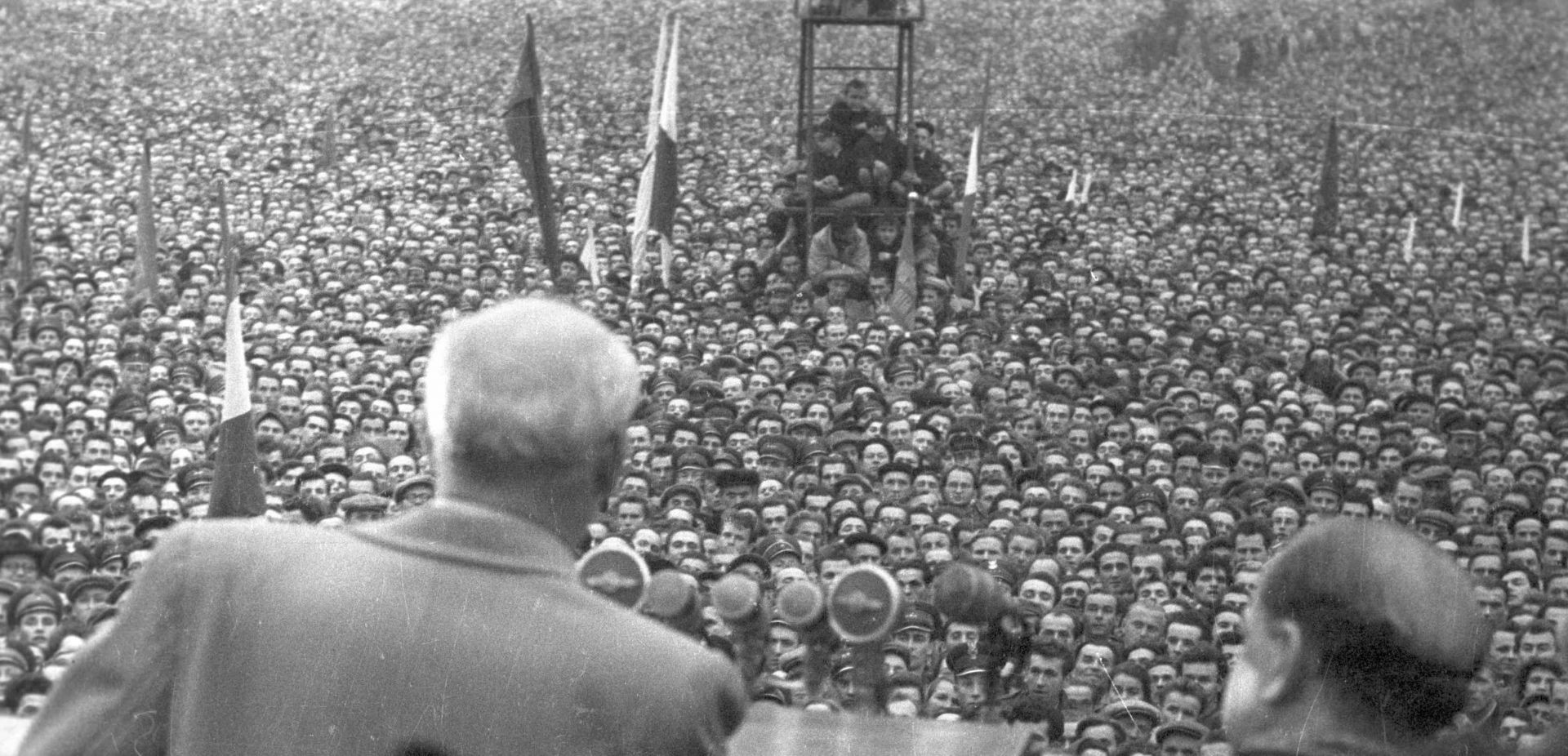
 SIGN UP TO OUR PAGE
SIGN UP TO OUR PAGE
 Already at the airport, Khrushchev greeted first the Soviet generals and also the Soviet marshal in Polish uniform, Konstanty Rokossovsky: - 'These are the people on whom I rely,' Khrushchev was to say, while threatening the Polish authorities with his fist: "The treacherous role of Comrade Ochab has been revealed" and "This trick will not go through you". - Polish officials reportedly heard.
Already at the airport, Khrushchev greeted first the Soviet generals and also the Soviet marshal in Polish uniform, Konstanty Rokossovsky: - 'These are the people on whom I rely,' Khrushchev was to say, while threatening the Polish authorities with his fist: "The treacherous role of Comrade Ochab has been revealed" and "This trick will not go through you". - Polish officials reportedly heard.
